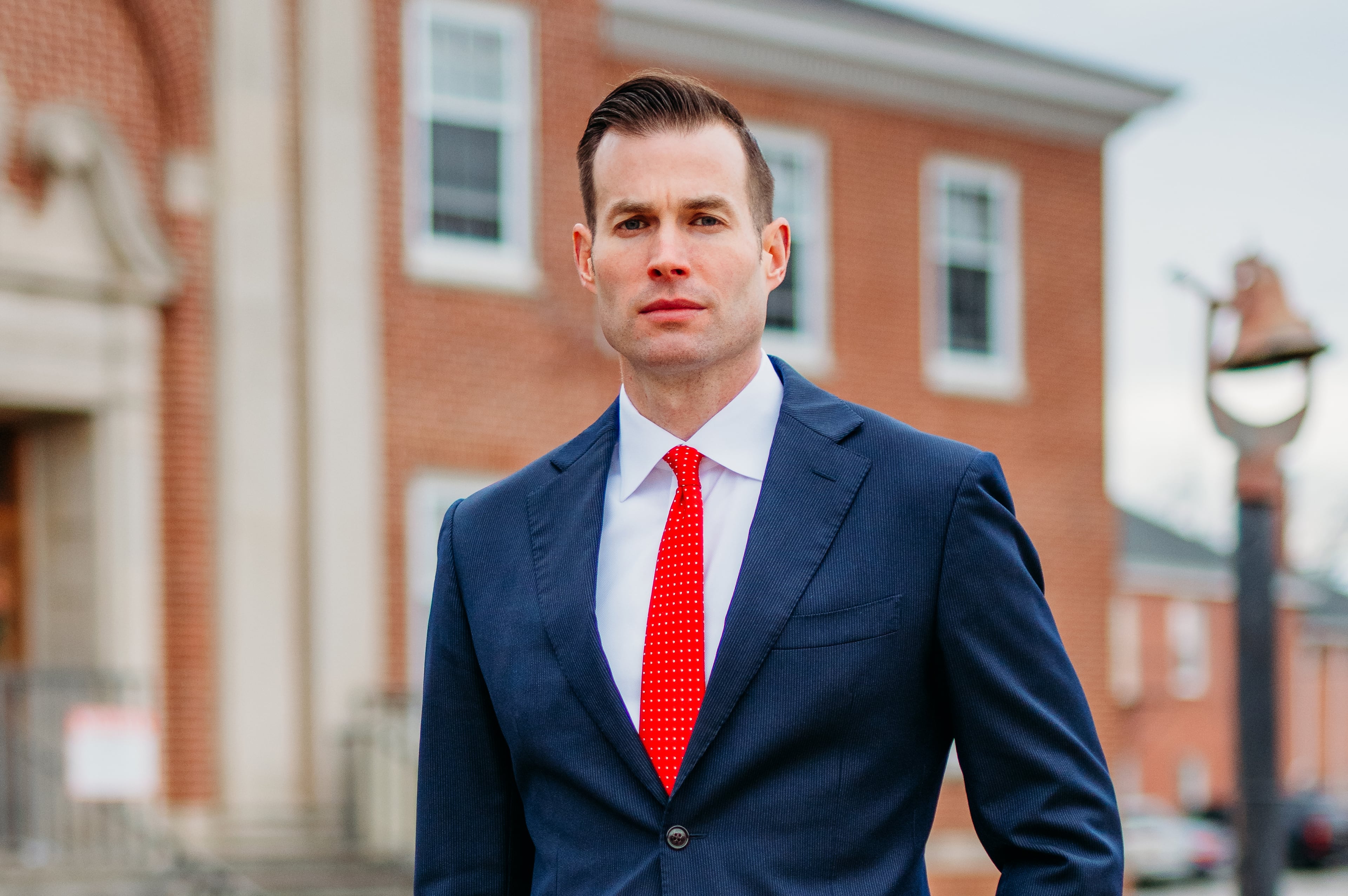Georgia lieutenant governor goes after college spending on diversity programs

University System of Georgia Chancellor Sonny Perdue’s criticism of a $66 million spending cut that state lawmakers included in next year’s budget has Lt. Gov. Burt Jones wanting to know what colleges are spending on diversity, equity and inclusion initiatives.
In a letter to Perdue, Jones, the president of the Senate, told the chancellor he wants the system to tell legislative leaders what the system’s schools are spending on DEI programs and include information on staffing, the names and aims of the programs. Such initiatives have been frequent targets of conservatives, and Jones is considered a possible Republican candidate for governor in 2026.
The University System said in a statement that it “is always responsive to the elected representatives of the people of Georgia” and has “already submitted those very questions to our institutions.”
The lieutenant governor said he read Perdue’s criticism of the cuts in The Atlanta Journal-Constitution with “no shortage of disappointment” given the size of university reserves and the $3.1 billion the state is providing Georgia’s colleges for fiscal 2024, which begins July 1.
Perdue slammed the $66 million cut — passed last month on the final day of the 2023 legislative session — saying, “It will have a significant impact on institutions and the services that students and families depend on to advance their prosperity and help Georgia succeed.”
Senate Appropriations Chairman Blake Tillery, R-Vidalia, urged the University System to limit any financial damage by dipping into $504 million in “carry-forward” funding left over in college budgets.
Perdue said most of those reserves are concentrated at a few universities. He said they can’t be moved around to help smaller schools that are already facing smaller budgets because of enrollment declines.
“Unfortunately in the Legislature this year, there was a good bit of misinformation, whether it was intentional or unintentional, regarding carry-forward funding,” Perdue said.
He told the Board of Regents he’s optimistic the cut will be restored when lawmakers make midyear budget amendments in the next legislative session.
Perdue was governor of Georgia from 2003 to 2011, when the University System had to deal with much larger spending cuts and the Board of Regents more than doubled tuition. Leaders have said a tuition hike is one of the possible responses to the latest spending cuts.
The board typically votes on tuition and fee rates in April, but it delayed the decision until May to give more time to review the numbers.
In Jones’ letter to Perdue, he said: “In light of concerns you and other officials from the University System have expressed about the potential need to raise tuition or cut programs and services that are currently offered, I would like to learn more about how the University System spends the funds it receives.
“In particular, I would like to know how much money the University System and its individual units spend annually on diversity, equity and inclusion initiatives, including on staffing and related university and community programming.”
Jones said a “series of disturbing events, including a public event at Stanford University at which a DEI administrator participated in the ‘shouting down’ of an invited campus speaker, have drawn new attention to the role of DEI programs and personnel on college campuses.”
In March, student protesters disrupted a speech by a conservative federal judge at Stanford Law School. The California school later said administrators failed to enforce free speech policies and announced an associate dean for diversity, equity and inclusion was on leave.
Conservative media outlets used the Stanford incident to criticize DEI programs, which have long been the target of Republican lawmakers.
The programs can encompass a variety of initiatives, such as hiring more minority professors and providing resources to students of different racial backgrounds, gender identities, sexual orientations and socioeconomic status. Many colleges have offices devoted to such work and hire administrators to oversee it.
Jones said: “These (DEI) programs are particularly concerning when taxpayer funds are used to enforce the type of intellectual and political conformity that appears to be the hallmark of many campus DEI initiatives.
“In my view, rather than promoting the mission of public education, when used in this way, such programs inhibit the ability of colleges and universities to promote academic and intellectual freedom in both their course offerings and campus events.”
His comments come a week after the Board of Regents affirmed its commitment to academic freedom and free expression by approving a statement of principles that uses language pulled from a widely accepted 1940 document from the American Association of University Professors.
The principles assert that teachers are entitled to freedom in research and in classroom discussions, though they should be careful not to introduce controversial matter that’s unrelated to the course. They also affirm that the system values the diversity of intellectual thought among faculty and students.
Regents Chairman Harold Reynolds told the board it was important to protect those freedoms because students sometimes avoid talking about controversial topics out of fear they could be canceled “in this time of perceived microaggression and marginalization, often based on group identities.”
This isn’t the first time lawmakers have prodded the University System about diversity work.
Last year, state Rep. David Knight, R-Griffin, asked the system to provide information about efforts to increase diversity, equity and inclusion advocacy and activism.
He also asked about areas where spending has greatly increased in the past five years. In his request, Knight wrote that diversity-related efforts “often result in inappropriate and/or misuse of state resources.”




